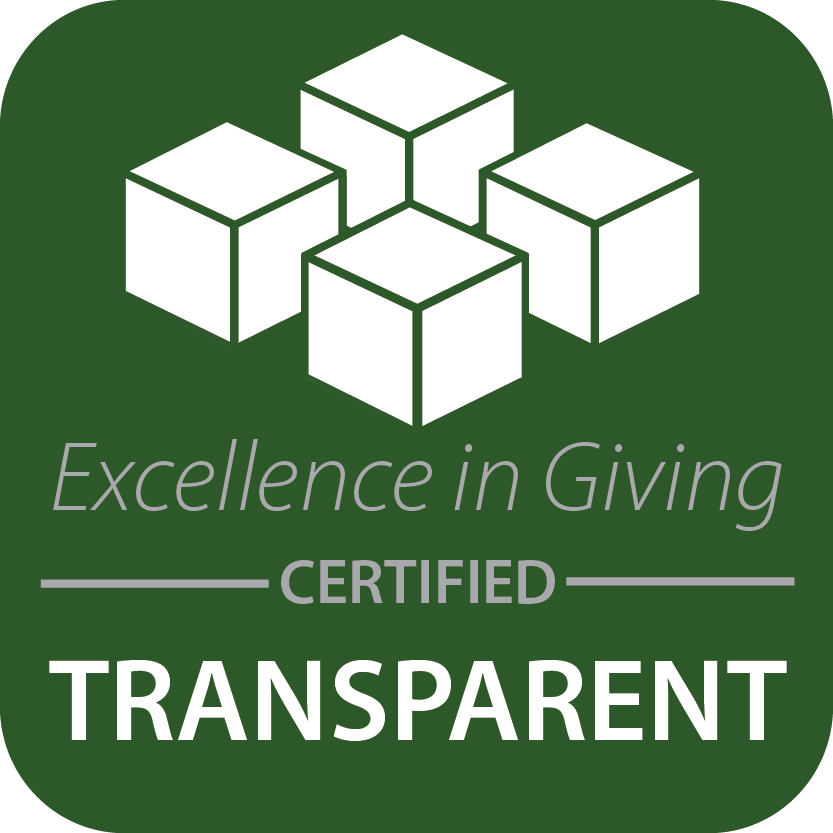The Power of Your Personal Testimony:
How to Share Your Testimony Part 2
By Pastor Rick Warren
In this series, we’re exploring ways to share your hope with others. Specifically, we’re looking at how to share your testimony. Our theme verse is Psalm 96:2, “Each day tells someone that He saves.” I want you to know how to do that.
A personal testimony is by far the most persuasive form of communication. If it wasn’t, advertisers wouldn’t use it. Yet, advertisers around the world use personal testimony as a compelling tool. You’ve probably heard this advertisement type many times: “I tried this product, you should try it too.” That’s the persuasive power of a personal testimony.
Your story is so important.
Did you know the Bible is full of testimonies?
In Psalm 66:16, David says, “Come and listen and I’ll tell you what God has done for me.” In John 4:39, many Samaritans believed because of the woman at the well’s testimony. In Acts 4:20, Peter and John said, “We can’t stop telling about the wonderful things we’ve seen and heard.” And in Acts 22–26, Paul shares his testimony with unbelievers on six different occasions.
Even Jesus gave personal testimony. In John 3:11 He said, “I only speak what I know by experience. I give witness to what I’ve seen with my own eyes. There’s nothing secondhand here.”
We are also commanded to share ours. Psalm 105:1 says, “Let the whole world know what God has done for you.” Psalm 96 adds, “Tell all the people the miracles that He’s done for you.”
Why Your Testimony Matters
First, it’s unique. Nobody else can share the story you have because it’s your life. If you don’t tell it, that message may never be heard.
Second, it’s personal and easy to understand. You’re the authority on it. It’s hard to argue with someone who says, “This is what happened to me.” In today’s postmodern world, people might doubt the Bible, but they can’t deny your experience.
Lastly, people love and remember stories. They build a relational bridge. When you share your testimony, you’re not teaching theology; you’re connecting. People feel closer to you and can see where you’re coming from.
The Bible says in 1 Peter 3:15: “Always be prepared to give an answer to everyone who asks you to give the reason for the hope that you have.”
So ask yourself: How has knowing Christ given me hope? How has God made my life more hopeful?
We don’t have to share our faith in a memorized speech or sales pitch — we’re called to share our hope.
Next week we’ll look at the four parts of sharing your story. In the meantime, if you missed part one of the series, you can read and watch it here.
For more resources on how to share your story, visit the Believers page on the Finishing the Task site at https://finishingthetask.com/believers/
